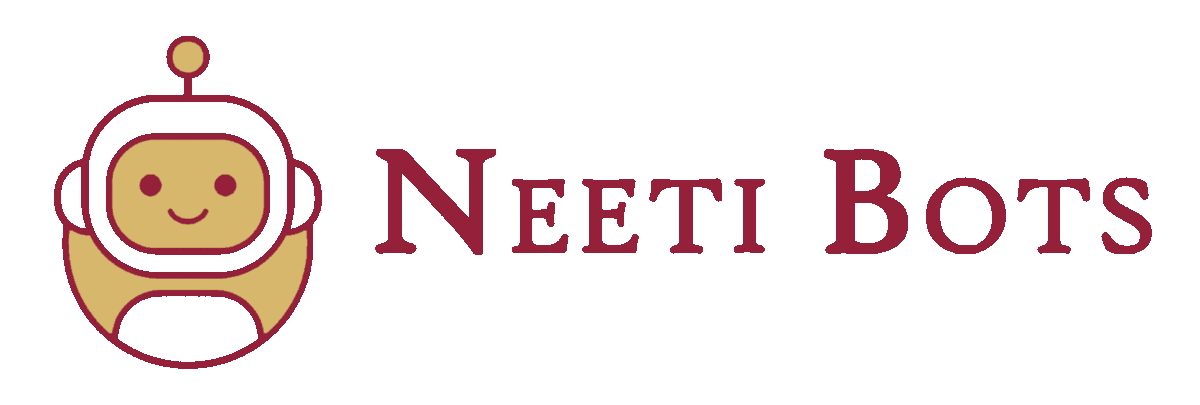Bots have transcended the realm of science fiction and become an integral part of our daily work and personal lives. In fact, it was predicted that by 2020, a staggering 85% of customer interactions would be managed by bots, with no human intervention. This statistic clearly highlights the transformative role bots are playing in the future of conversation marketing.
Conversation marketing revolves around driving sales through engaging conversations on digital platforms such as websites and social media. Unlike traditional methods like cold emailing and lead capture forms, conversational marketing emphasizes real-time messaging and intelligent chatbots that possess a deep understanding of chat context.
While live chats with human agents have long been used as a form of conversational marketing, they do have their limitations. Availability is restricted, they struggle to handle high website traffic, personnel may not remain with the organization indefinitely, and their effectiveness can vary due to human error.
This is where chatbots step in and offer a compelling solution. The rising popularity of chatbots can be attributed to three key factors:
1. Companies possess substantial website data that can be leveraged to train bots for automated interactions and lead qualification.
2. Prospects have little patience for waiting and prefer quick, personalized responses. Failure to provide satisfactory service may result in customers switching to competitors.
3. Businesses utilizing AI for lead capture can allocate resources more effectively by focusing on executing the insights generated by AI.
The Conversational Marketing Framework encompasses various elements, including the website, campaigns, lead generation, and analytics. The website serves as the central hub for all digital marketing endeavors. However, traditional lead generation forms often lack interactivity and personalization, impeding the establishment of a robust lead nurturing pipeline. Chatbots address this issue by facilitating highly personalized interactions, engaging visitors, and collecting their contact details.
Let’s explore how chatbots simplify the journey from visitor to customer:
1. Chatbots initiate conversations tailored to each individual, facilitating efficient lead generation.
2. By posing targeted questions, chatbots guide visitors towards conversions.
3. Chatbots seamlessly integrate appropriate call-to-action prompts to enhance engagement.
4. With their contextual understanding, chatbots can provide answers to inquiries in various ways.
5. Chatbots offer valuable analytics that aid in improving lead qualification and gaining insights into conversations and leads.
6. Setting up and integrating chatbots with different digital assets is a straightforward process.
Undoubtedly, chatbots represent the future, and it is crucial for companies to embrace them for brand engagement and lead generation. It is prudent to seek a customizable solution that aligns with specific business requirements. For those starting out, leveraging intelligent tools is recommended, while those already advanced should embrace automation and AI through sophisticated bots. The time to embark on this journey is now.
Check our other blogs here! About Neeti Bots: Neeti Bots, developed by Neeti Brand Accelerator, is an AI-powered chatbot for B2B and B2C websites. It helps businesses accelerate lead generation with an easy-to-build and automated chat interface. Neeti ChatBots engage visitors, reduce customer acquisition costs, decrease bounce rates, increase session time, and also enable new digital customer acquisition models. Visit www.neetibots.com for more!

